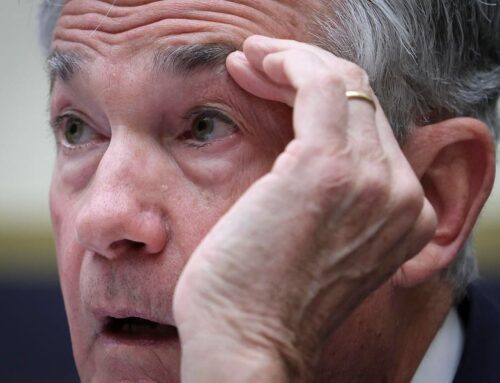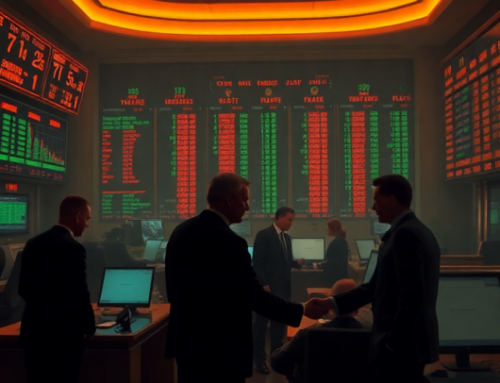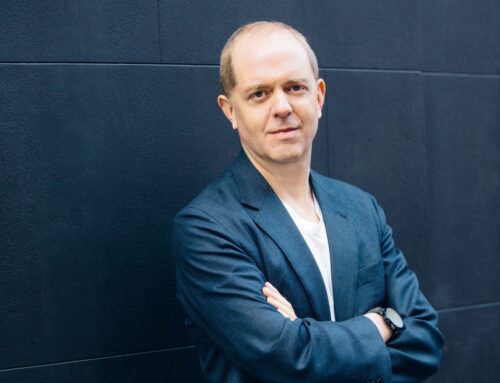Tiny Terrors: Microplastics’ Threat to Our Health and Environment
June 5, 2025
During this Livable Future LIVE event, we talk with science journalist Matt Simon about the hazards of microplastic pollution and how we can stop it.
Plastic is everywhere, and its presence in our lives has grown in the last few decades, as the oil and gas industry ramped up its production to unprecedented levels. The resulting plastic pollution crisis has now entered a new phase in the form of microplastics.
As plastic degrades, it fragments into tiny microplastic pieces. Scientists now find them everywhere, including in our food, water, and air. In fact, we may be eating up to a credit card’s worth of plastic each week.
Researchers are still studying the full scope of what that means for human health and the environment. But they are increasingly finding links between plastic, its toxic additives, and diseases like cancer.
To break down the problem and possible solutions, Food & Water Watch hosted a virtual Livable Future LIVE event, “How Microplastics Affect Our Health & Environment.”
We spoke with Matt Simon, a science writer at WIRED magazine who has reported extensively on the plastics crisis. Last year, he published A Poison Like No Other: How Microplastics Corrupted Our Planet and Our Bodies.
At the event, Matt spoke about the growing body of research on where microplastics come from, how they endanger our health, and how we can respond to the crisis.
Highlights From the Event
Scientists have now found microplastics in the crops we grow, in our drinking water, in the air we breathe, and within our bodies.
One reason this is so concerning is the many toxic chemicals used to make plastics or added to them, including PFAS “forever chemicals.” Many of these chemicals are unregulated, and plastic companies can keep them secret from the public. As Matt explained,
“…. there are at least 13,500 chemicals that have been used in plastic, again, a quarter of which are of concern.
The issue here is that no plastics company is required in any way to tell us what is in this plastic. There’s no ingredient list on the bottle. There is for the liquid inside of it, but not for the bottle itself.
So this is up to — it’s absurd — it’s up to chemists to reverse engineer what is in plastic to figure out what is toxic.”
To reduce microplastic pollution, Matt emphasized, we need to reduce plastic use as far upstream as possible. On an individual level, we can buy less plastic and keep bigger plastics like bottles and bags out of the environment.
But to create meaningful change, we need to tackle this problem at its root by stemming the flow of plastic production. That means regulating the oil and gas industry and moving off fossil fuels, the driving force behind plastic production.
Not only will this address plastic’s health and ecological harms — it’s also essential for climate action. As Matt said,
“You can’t fix plastics or climate change individually; you have to do both at the same time. Because if we allow [oil and gas companies] to keep producing exponentially more plastic, tripling production by 2060, that’s just emissions in a different form.
… These are the same planetary criminals. They’re destroying the planet with climate change, and, not content with that, they’re turning around and deciding to destroy the planet once over again with plastics.”
With your help, we can tackle this crisis at the source. Together, we’re raising public awareness and outrage and calling on our leaders to rein in oil and gas companies.
You can learn more about Matt’s work and the microplastic crisis in the full event recording and transcript below.
Watch “How Microplastics Affect Our Health and Environment”
Check Out Resources Shared at the Event
- RSVP for our upcoming Livable Future LIVE events.
- Get Matt’s book, A Poison Like No Other.
- Learn more about our annual benefit, “Against All Odds.”
- Tell us what you think about the “Against All Odds” conference program and enter for a free pass to attend!
- Become a FWW member by making a one-time or monthly gift.
- Tell EPA to ban vinyl chloride.
- Read more about the lifecycle of plastic in our recent fact sheet.
- Learn more about the problems with plastic pollution in our oceans.
- Tell EPA to regulate ALL types of PFAS.
- Urge President Biden to ban PFAS.
Read or Follow Along With the Full Transcript at the original post here.
Search
RECENT PRESS RELEASES
Related Post



